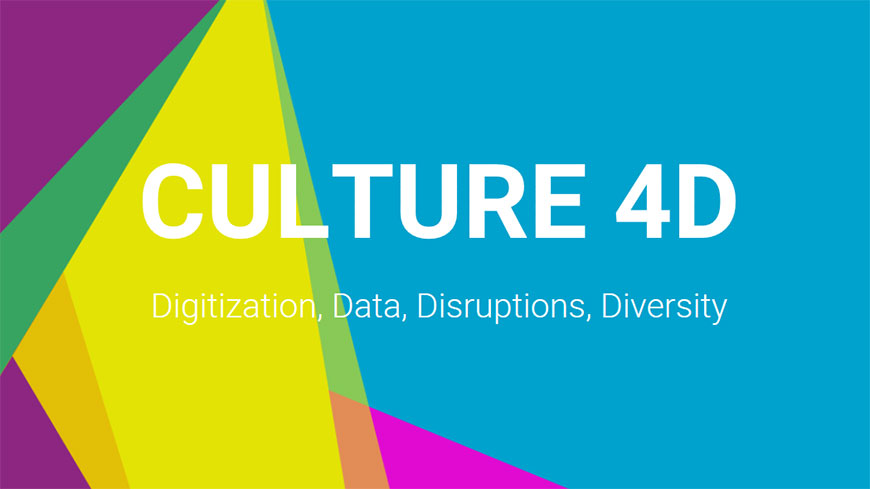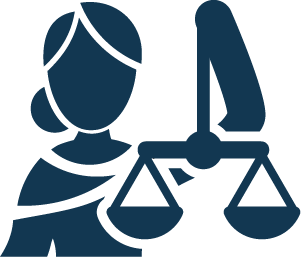The event on “Culture 4D: Digitisation, Data, Disruptions, Diversity” will explore how to harness Big Data for European culture and empower diverse groups to enhance the “Internet of Citizens”. Cultural policy makers and practitioners, researchers, media and technology specialists, business representatives will look at the digital means for empowering everyone, overcoming cultural barriers and contributing to societal inclusion. The outcome will be inserted into the Council of Europe policy guidelines on the digitisation of culture.
The third Platform Exchange is being organised under the Estonian Chairmanship of the Committee of Ministers, in co-operation with the University of Tallinn.
- More information
- Contact: Giuseppe Zaffuto, tel. +33 3 90 21 56 04











